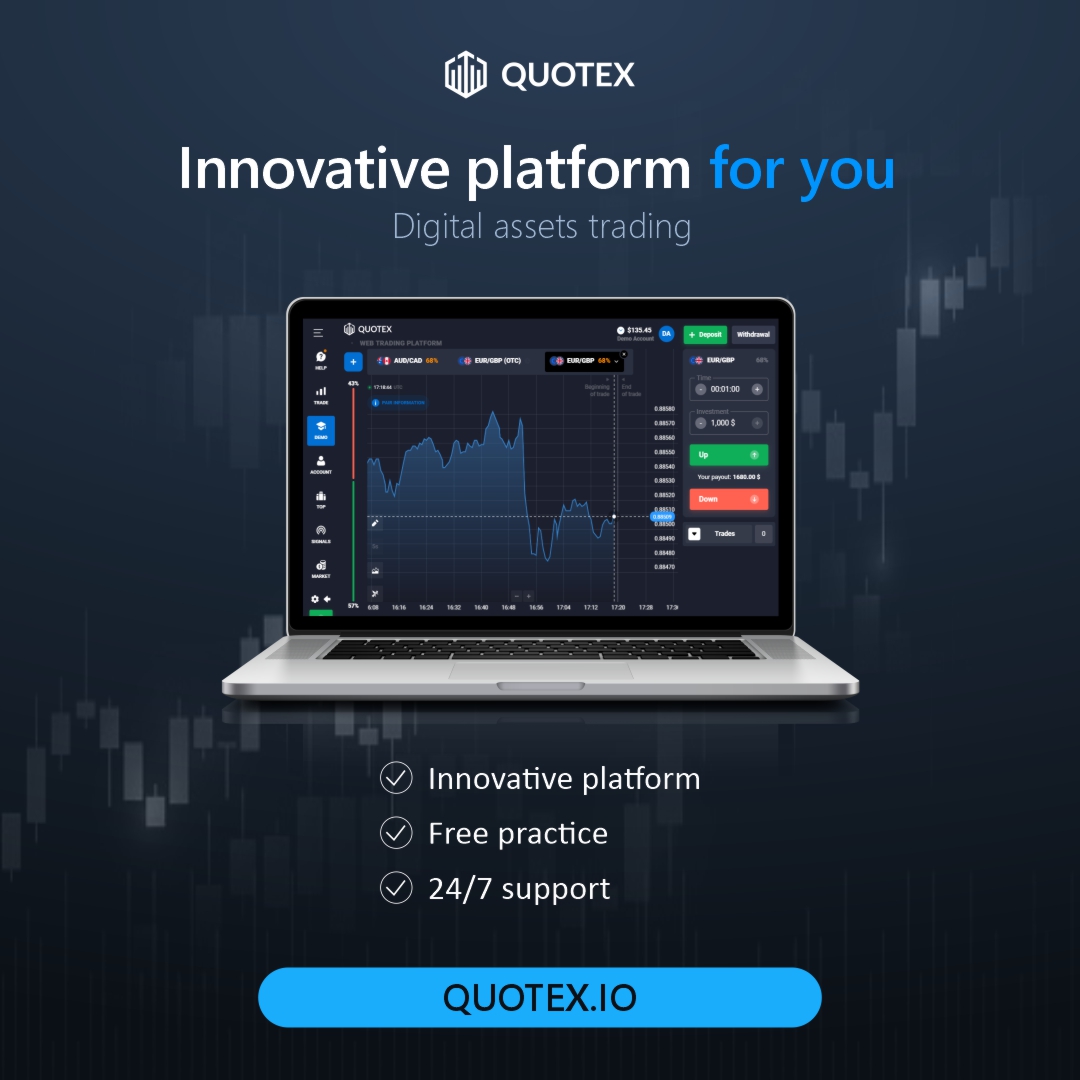The Korea Financial Intelligence Unit (Kofiu), the regulator that supervises the prevention of money laundering, terrorist financing and the transparency of financial transactions in South Korea, confirmed that it ordered the Apple App Store and Google Play Store A Ban 11 and 17 International Central Crypto Exchanges (CEXS), respectively.
According to Kofiu, the prohibition arose from these foreign virtual asset operators who do not declared businesses for Koreans.
“To avoid damage to users, such as the escape of information caused by transactions with undeclared companies, the government is promoting the blockade of national access to Internet sites and mobile phone applications of companies not declared abroad.”
Korean financial intelligence unit
In Study 2024 For the South Korean research company Gallup Korea, 75% of South Koreans use Android smartphones (69% use Samsung and 5% use LG Electronics), which use Google Play Store. Meanwhile, 23% of South Koreans are iPhone users, who use Apple App Store.
This means that about 98% of South Koreans were affected by the ban.
Prohibiting mobile applications of these CEX means that South Koreans cannot download them more, while those who had already downloaded applications before imposing the ban cannot download any future update of CEXS platforms.
CEXS blocked on Google Play store
On March 25, 2025, Kofiu announced that, at his request, Google LLC blocked national access to the applications of 17 foreign virtual asset operators who began that day.
“It is expected that the application of blocking national access to the Google application by unstalled foreign operators helps to avoid money laundering using virtual assets and avoid damage to national users in the future.”
Korean financial intelligence unit
The 17 unregistered cryptographic exchanges that were blocked by Google Play Store under the regulation of South Korea are Kucoin, Mexc, Phemex, XT.com, Bitrue, Coinw, Coinex, Zoomex, Poloniex, BTCC, Digifinex, Pionex, Blofin, Apex Pro, Coincatch, Weex and Bitmart.

CEXS blocked at Apple App Store
On April 11, 2025, Kofiu announced that, at his request, Apple Inc. blocked national access to the applications of 14 foreign virtual asset operators who began that day.
“Commercial operators of virtual assets abroad who wish to participate in national commercial activities must inform the Financial Intelligence Unit in advance (§6 (2) of the specific financial information law) in accordance with the Law on Reports and the use of specific financial transaction information.”
Korean financial intelligence unit
The 14 unregistered cryptographic exchanges that were blocked by the Apple App Store under the regulation of South Korea are Kucoin, Mexc, Phemex, Bitrue, Coinw, Coinex, Zoomex, Poloniex, BTCC, Blofin, Coincatch, Doex, Weex and Bitmart.

What follows for South Korea?
According to Kofiu, it will continue to block national access to mobile applications and Internet sites of not declared virtual asset operators abroad after a consultation with related organizations.
The regulator also reminded international entities that non -reported commercial activities are subject to criminal sanctions, including prison of up to five years or a fine of up to 50 million profits.
“When dealing with unpleasant companies, (1) they can be exposed to risks such as leakage and piracy of personal information, and there is a risk that they abuse as a money laundering channel because they are not administered and supervised to avoid money laundering, and (2) companies not dictated are not supervised by financial authorities by financial users by which users are subject to users’ Separate storage of the deposits, therefore), therefore, the non -ruling companies are supervised by the money of the damage of the damage to which the damage of the damages to which the damages are supervised and are not subject to those who supervive the risk of the high risks are supervised, therefore, therefore, the high companies that are supervised by the money Virtual “.
As of April 11, 2025, Kofiu said he has observed 28 virtual assets businesses that have been reported to operate in the country.
Possible effects on pH regulation
If there are similarities between the cryptographic regulations of South Korea and the Philippines, it is the blockade of unregistered CEX platforms.
However, unlike South Korea, Philippines has only blocked CEX websites not registered in the country, not in its mobile applications.
An excellent example is Binance, when the National Telecommunications Commission took the request for the stock exchange and securities and told Internet service providers in the country to block the Binance website, specifically at the end of March 2024.
Meanwhile, a month after blocking the website, Atty. Paolo NGO, the officer in charge of the DEC Philifintech Innovation Office, said in an interview that the regulator was already working to close the Binance application.
At the time of writing this article, there is still no update on this movement.
However, with the will of the South Korean regulator to ask Google Play Store and Apple App Store that blocks the exchanges of cryptography without a license in your country, the Bag and Securities Commission of the Philippines might consider doing the same.
This article is published in Bitpins: South Korea successfully pushes Google and Apple to block 28 cryptography exchanges, affecting 98% of users
What else is happening in Crypto Philippines and beyond?




